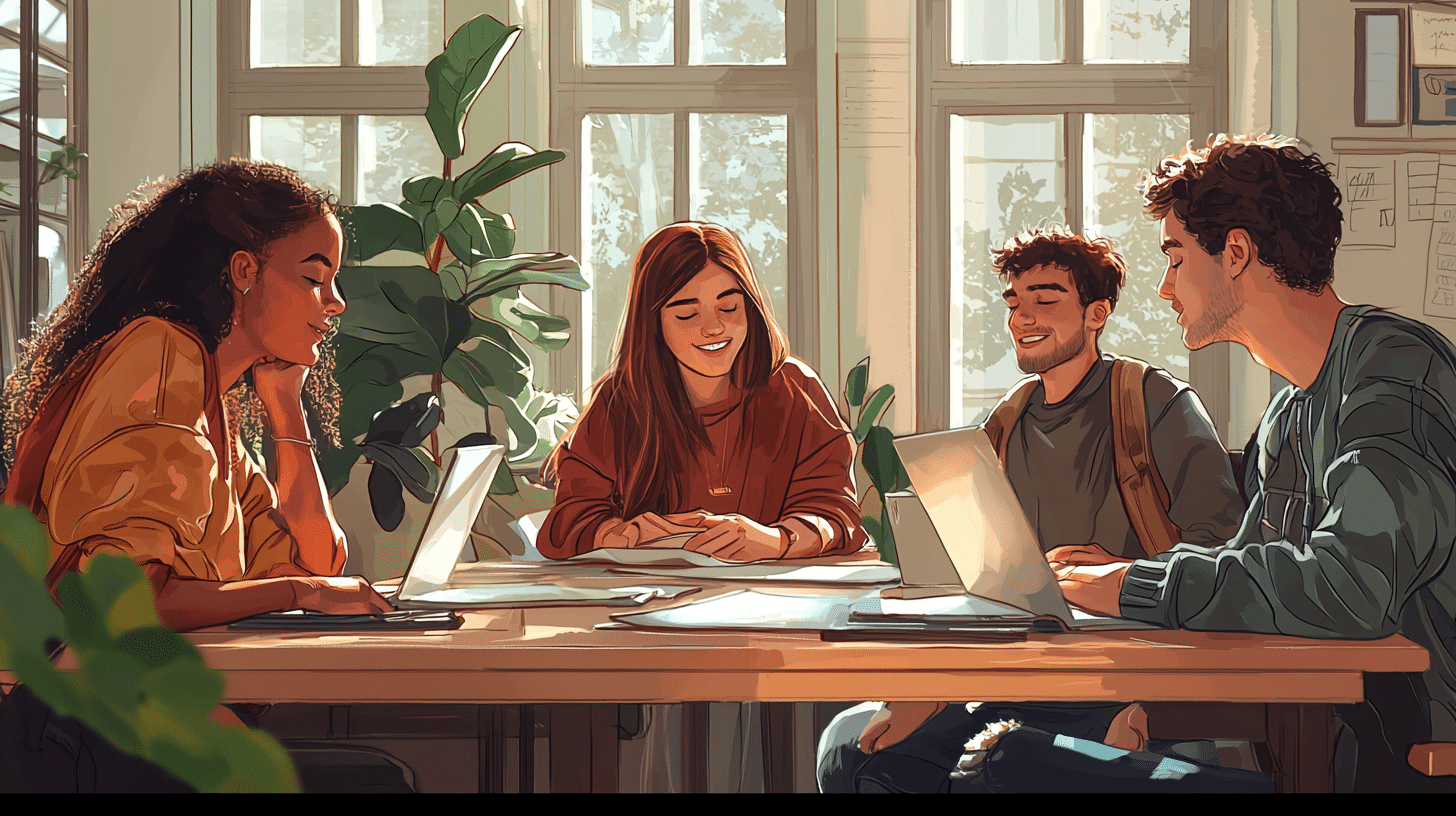
Mastering the plural forms of Polish nouns can be a challenging yet rewarding aspect of learning the Polish language. Unlike English, where most plural forms are created simply by adding an 's' or 'es' at the end of a word, Polish pluralization involves a variety of endings and alterations depending on the gender, case, and sometimes even the meaning of the noun. Understanding these rules is crucial for effective communication, as the correct plural form can change the entire context of a sentence. Our exercises are designed to help you grasp these complex rules through structured practice and clear explanations. Our collection of exercises covers a comprehensive range of pluralization rules, catering to both beginners and advanced learners. You'll find activities that focus on the different endings for masculine, feminine, and neuter nouns, as well as special cases and exceptions. Interactive quizzes and real-life practice sentences will enable you to apply what you've learned in practical scenarios, reinforcing your understanding and helping you to internalize the rules. Whether you're preparing for an exam or looking to enhance your conversational skills, these exercises will provide you with the tools you need to confidently use plural forms in Polish.
1. Moje *psy* biegają po ogrodzie (plural form of "pies").
2. Lubimy odwiedzać *muzea* w weekendy (plural form of "muzeum").
3. Kupiłem nowe *kurtki* na zimę (plural form of "kurtka").
4. W parku widziałem wiele *drzew* (plural form of "drzewo").
5. Dzieci mają dużo *zabawek* (plural form of "zabawka").
6. Na stole leżą *książki* (plural form of "książka").
7. Wszystkie *samoloty* zostały odwołane (plural form of "samolot").
8. W szkole są nowe *tablice* (plural form of "tablica").
9. Moje *koty* uwielbiają spać na kanapie (plural form of "kot").
10. W kinie wyświetlają nowe *filmy* (plural form of "film").
1. W parku bawią się małe *dzieci* (plural form of "dziecko").
2. Na stole leżą *książki* (plural form of "książka").
3. Na łące pasą się *krowy* (plural form of "krowa").
4. W kuchni gotują się *zupy* (plural form of "zupa").
5. Na drzewach rosną czerwone *jabłka* (plural form of "jabłko").
6. W lesie śpiewają różne *ptaki* (plural form of "ptak").
7. Na ulicy stoją wysokie *budynki* (plural form of "budynek").
8. W muzeum oglądaliśmy stare *obrazy* (plural form of "obraz").
9. W szkole uczymy się o różnych *kraje* (plural form of "kraj").
10. Na podwórku biegają małe *koty* (plural form of "kot").
1. W parku biegają *dzieci* (plural form of "dziecko").
2. Na stole leżą *książki* (plural form of "książka").
3. W zoo widzieliśmy różne *zwierzęta* (plural form of "zwierzę").
4. Na wsi mieszkają *ludzie* (plural form of "człowiek").
5. W kuchni są *talerze* (plural form of "talerz").
6. W szkole uczą się *uczniowie* (plural form of "uczeń").
7. W ogrodzie rosną piękne *kwiaty* (plural form of "kwiat").
8. Na półce stoją *kubki* (plural form of "kubek").
9. W lesie spotkaliśmy *grzyby* (plural form of "grzyb").
10. Na plaży bawią się *dzieci* (plural form of "dziecko").